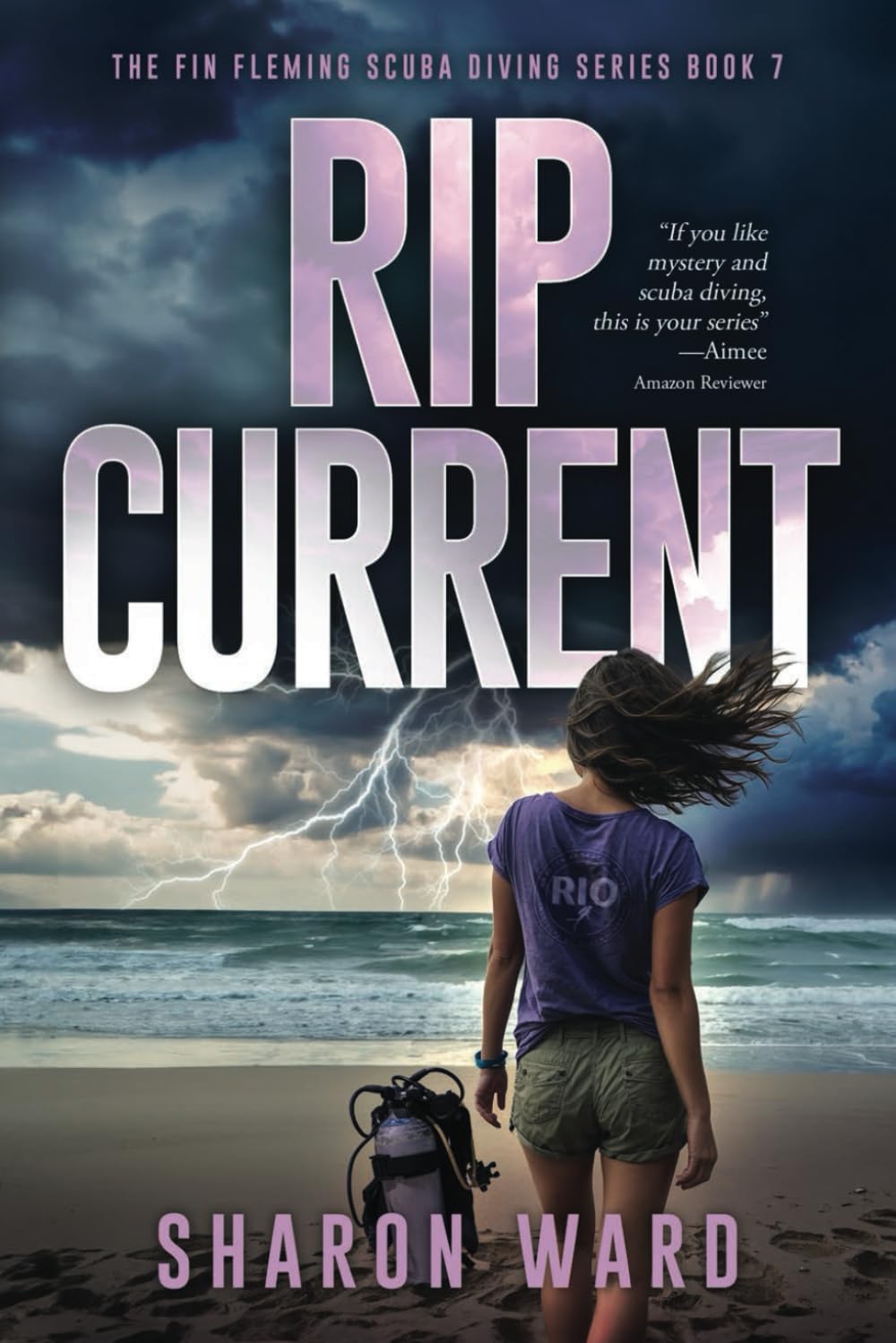
Christina W. Randall’s CHARLIE KIRK BIOGRAPHY: An Inspiring Journey of Young Political Conservative and Activist who Fights for America is a portrayal of Charlie Kirk’s rise as one of the most energetic voices in American conservatism, especially among young people. It charts his early life, his founding of Turning Point USA, his media presence, and his staunch advocacy for conservative causes. The book presents Kirk as a paradigm of youthful activism: driven, unapologetic, and committed to what he viewed as America’s founding principles.
Randall uses a largely sympathetic lens: she emphasizes his faith, his boldness in debate, his entrepreneurial skill in growing a movement, and his ability to tap into what many young Americans feel — a sense that cultural debates and civic identity matter, and that someone ought to speak up. The narrative emphasizes how Kirk’s work in campus politics, in media, and in public speaking inspired many, especially those who felt underrepresented in liberal-leaning campus environments. Randall also highlights how his ability to polarize was not necessarily seen as a flaw, but as a sign of courage in standing firm for his beliefs.
Structurally, the book follows a chronicle: family background, teenage activism, founding Turning Point, controversies, media presence, political influence, and personal life. The strengths lie in its clarity of purpose, its appeal to those who admire Kirk, and its mobilizing tone. This is not merely reporting, but a form of inspiration. Some weaknesses appear in its tendency to gloss over counterarguments and underplay criticisms of Kirk or Turning Point. A more balanced approach might have provided greater depth for readers unfamiliar with the full scope of debates surrounding his work.
The tone is unapologetically conservative and admiring, appealing most to an audience already sympathetic to Kirk’s cause. The book is less likely to persuade skeptics, though it may help them understand why Kirk and his supporters felt so passionately about his mission.
The Tragic Turning Point
On September 10, 2025, Charlie Kirk was assassinated while speaking at an event in Utah. The shocking event was described as a politically motivated killing. It became an immediate symbol of how polarized and dangerous the current American political climate has become. For supporters, his death was not only a personal loss but a national tragedy, raising fears of escalating political violence.
How This Changes the Lens on Randall’s Biography
In light of this tragedy, Randall’s biography reads not just as a story of political activism but as part of a legacy cut short. Some reflections:
-
Urgency of the message. The themes of sacrifice, courage, and conviction become more poignant now. Kirk’s life is not only about ideological battles but also about personal risk.
-
Reevaluating criticisms. Criticisms of Kirk’s provocative style or his polarizing rhetoric may now be reexamined through the lens of a society where words and conflict can escalate into violence.
-
Impact on legacy. Kirk’s activism, as chronicled in the biography, may now have an even stronger influence. His followers may see his story as a call to continue what he stood for and to defend the values he championed.
Final Thoughts & Prayerful Reflection
Randall’s book succeeds as a portrait of a figure who inspired many — especially young conservatives — because of his clarity of purpose, bold style, and willingness to engage in difficult debates. While it may not satisfy readers looking for balanced critique, it accomplishes its goal of presenting Kirk as an inspiration for those who saw themselves in his mission.
Now, after his tragic assassination, the story carries a weight that Randall could not have foreseen. It is no longer just the biography of a living activist but a chronicle of a legacy that ended abruptly. This makes the book both inspiring and heartbreaking.
At this moment, it is important to reflect and pray — for Kirk’s family, for the healing of a divided country, and for an end to political violence. The nation should find unity in grief and strength in the hope that such tragedies can inspire dialogue instead of further division.
Rating & Recommendation
I would give this biography 5 out of 5 stars. Its strengths are its inspirational tone, accessible writing, and passion. Its weaknesses lie in its lack of balance when addressing criticisms.
I recommend it for:
-
Students of modern political movements
-
Anyone seeking to understand the influence and impact of Charlie Kirk, especially in light of his untimely death.

No comments:
Post a Comment